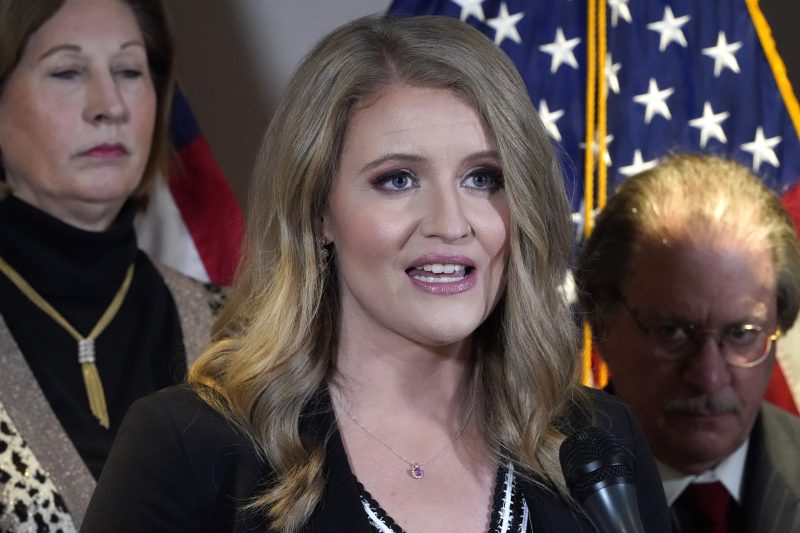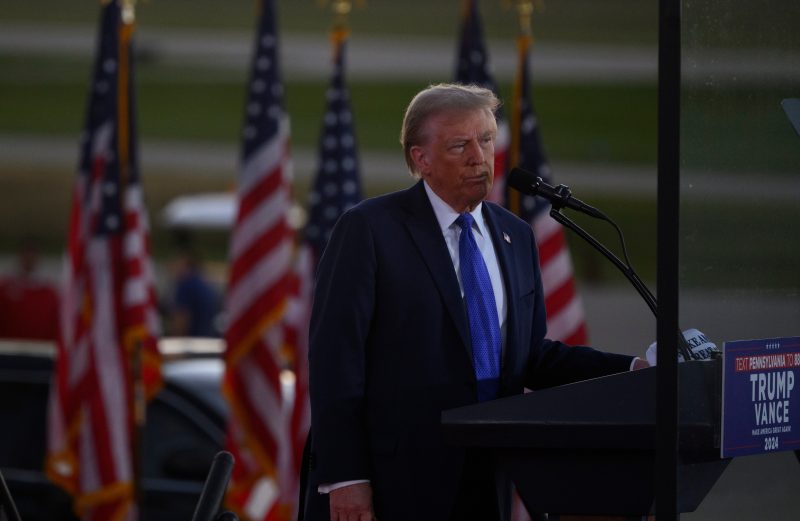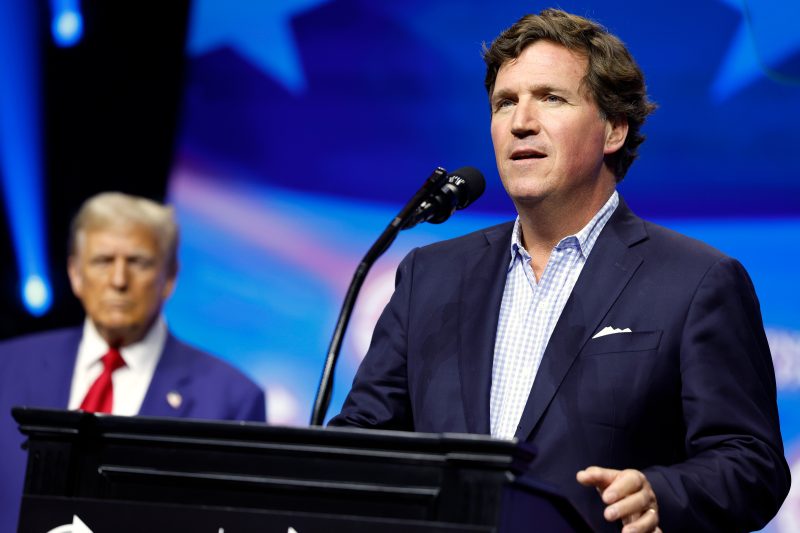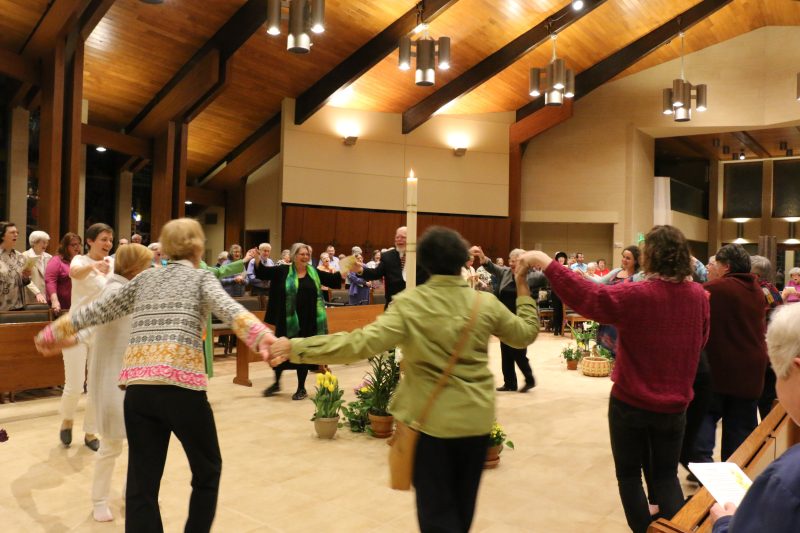
Former Trump attorney Jenna Ellis agrees to cooperate in Arizona elector case
PHOENIX — Arizona Attorney General Kris Mayes (D) reached a cooperation agreement Monday with Jenna Ellis, who was a legal adviser to Donald Trump’s 2020 campaign and was one of 18 defendants indicted in April on felony charges related to alleged efforts to try to subvert President Biden’s victory in the state four years ago, according to prosecutors.
The attorney general has agreed to drop nine felony charges against Ellis in exchange for her full cooperation with the investigation into the GOP plan to try to deliver Arizona’s 11 electoral votes to Trump instead of the rightful winner, Biden.
The deal allows Ellis to avoid potential jail time in exchange for providing prosecutors with evidence that could implicate other defendants. She could provide information about former New York mayor Rudy Giuliani’s knowledge and participation in the elector strategy. According to the agreement, Ellis has also agreed to “completely and truthfully” testify in any future trials. She will also provide documents and any other material tied to the elector strategy that could help state prosecutors secure verdicts favorable to them in the high-profile case.
“This agreement represents a significant step forward in our case,” Mayes said in a statement. “I am grateful to Ms. Ellis for her cooperation with our investigation and prosecution. Her insights are invaluable and will greatly aid the State in proving its case in court.”
An attorney for Ellis did not immediately respond to a request for comment.
Arizona was one of seven states won by Biden where Republican electors gathered on Dec. 14, 2020, to sign certificates purporting to affirm Trump as the actual winner of each of the states. Trump supporters were preparing to cite the paperwork signed by the GOP electors as a way to challenge Biden’s win when Congress convened on Jan. 6, 2021, according to prosecutors.
Authorities in several of those states, including Arizona, have pursued criminal charges against the electors. All of the defendants in the Arizona case pleaded not guilty, including the 11 Republicans who allegedly falsely purported Trump won the state, Giuliani and Boris Epshteyn, a key adviser to Trump’s 2020 and 2024 presidential campaigns. They are each charged with nine felony counts, including conspiracy, forgery and fraudulent schemes and artifices.
The Arizona case was the second round of charges for Ellis and several others in the case, who were also indicted alongside Trump in Georgia last year. Ellis pleaded guilty in October to illegally conspiring to overturn Trump’s 2020 election loss in Georgia and has been cooperating with prosecutors.
In Arizona, Ellis sat down with prosecutors on June 17 for a proffer session, according to the agreement — an interview in which a prosecutor and a defense lawyer meet with a person to decide whether they have valuable information to offer an investigation, the kind that could lead to a plea deal. Such meetings are often called “queen for a day” sessions because the person being questioned will not have their answers used against them, unless they lie.
In the critical time frame after Trump’s loss, Ellis was in touch with figures central to the elector strategy outside of Arizona and within, according to the April indictment and other publicly released records.
Ellis joined Giuliani, then a personal attorney to Trump, in presenting baseless claims of widespread malfeasance in states Trump lost. She accompanied Giuliani to Phoenix for a meeting, where unfounded claims of election fraud were circulated as Trump dialed in to speak to the crowd. Ellis was also by Giuliani’s side during a meeting with then-Arizona House Speaker Russell “Rusty” Bowers (R), who testified before the House committee investigating the Jan. 6, 2021, attack that Giuliani repeatedly sought to persuade him to help overturn Trump’s 10,457-vote defeat in the state.
“We’ve got lots of theories, we just don’t have the evidence,” Bowers recalled Giuliani telling him and others present.
Devlin Barrett contributed to this report.



